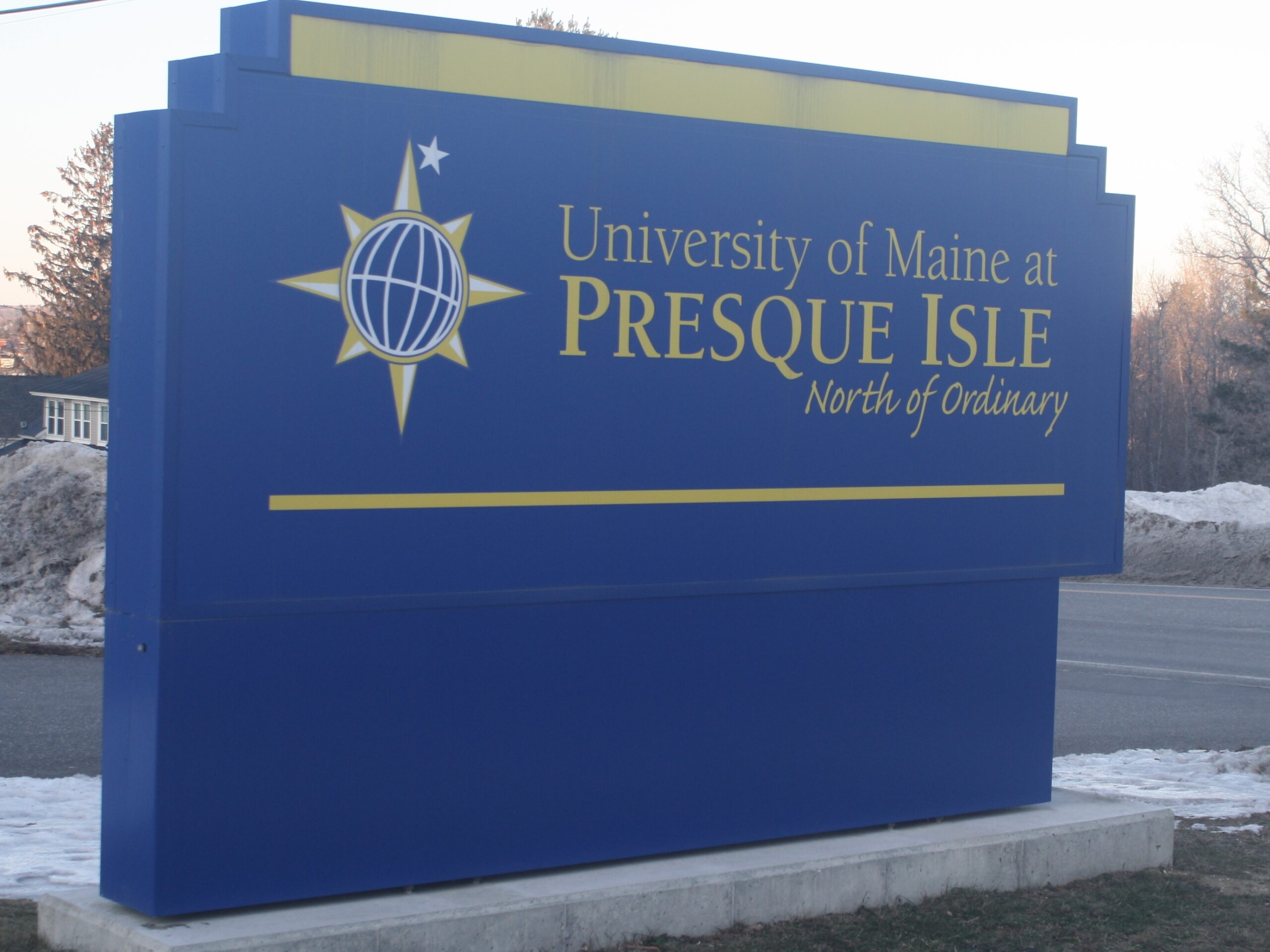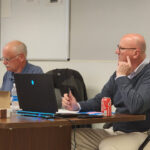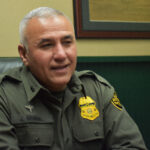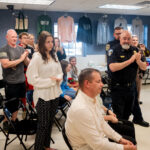PRESQUE ISLE, Maine — With the situation regarding the COVID-19 pandemic still uncertain, local colleges are developing plans for a hybrid of live and distance-learning education, all while knowing those plans could change in an instant.
Faculty and staff are discussing how to best move students into the residence halls, develop in-person and distance learning options and ensure that students are healthy but still feel personally invested in their education and college life, University of Maine at Presque Isle President Ray Rice said.
Though UMPI still plans to start its fall semester on Aug. 31, residence hall students who are traveling from out of state or regions of Maine south of Aroostook County will return early enough to receive COVID-19 testing.
“We want to provide testing to students coming to campus as well as when they leave at the end of the semester,” Rice said. “This will be especially important for athletes, who normally would be returning early anyway.”
If a student tests positive for COVID-19 at any time during the semester, that student and all others who live on that floor of the residence hall would self-isolate and rely on distance-learning technologies such as Zoom and UMPI’s online learning management system to take part in coursework.
Rice noted that UMPI will collaborate with the UMaine System, the Maine Centers for Disease Control and Prevention and local health care providers to ensure that testing is available to students at the beginning and end of the semester and whenever necessary during the fall semester.
All students, he said, will have the option to either return to live classes or choose a distance-learning plan, the latter of which would be ideal for students whose health situation would put them at risk for COVID-19 or who have other personal obligations that keep them at home due to the pandemic.
Regardless of the option students choose, all live classes will follow social distancing guidelines and utilize distance learning for students who are not on campus, which will in turn reduce the number of students in classrooms.
For example, science labs that normally would hold 18 students will be reduced to around six or seven students who are spaced apart from one another and use virtual labs for online students through a site called Labster.
A non-lab course that meets twice a week will alternate which students are in person on each day and ask students to complete work online for the days they aren’t in the classroom.
Rice expects around a third of students and a third of faculty members to return to campus in the fall semester, with many faculty members opting to use distance learning completely — depending on the nature of their coursework. Any class that is taught in person, he said, will also live-stream so that students learning at a distance still experience components of that live class.
“Based on surveys we’ve done, the majority of our students want to be on campus and still have that live experience, but it’s important to have the online option available,” Rice said. “[Hybrid learning] will also help us to see fewer people on campus.”
Northern Maine Community College will take a similar approach to its reopening, with 50 percent of courses for the arts and sciences and business technology programs offered online and the rest as hybrids. Anyone entering campus will be required to wear masks, as they are now.
Students in trade and technical programs, nursing and emergency medical services will be divided into smaller classes that allow them to gain the necessary hands-on experiences while keeping the required six feet of distance. The lectures that instructors normally give in person will be posted online.
Campus officials have been discussing with local hospitals how to expand clinical opportunities for nursing students, even those in their first year of studies, Northern Maine Community College President Tim Crowley said. Students also will likely use the campus’ newly built nursing simulation center more frequently.
“Students will not be with COVID-19 patients in the hospitals, but in the simulation center they can learn how to care for those patients once they are in those settings,” Crowley said.
For at least the fall semester, the Edmunds Library and Conference Center will be closed to the public and refrain from hosting events so that instructors can use those spaces for larger, socially distanced classes.
In the residence halls, students will live in single-bed rooms and likely have options to pick up meals in the Reed Commons dining hall instead of eating at the cafeteria in person. Crowley noted that NMCC is still in discussion with local hospitals on how to make COVID-19 testing available for students.
“The safety of our students, staff and faculty is our No. 1 goal, and our second goal is to still provide an education that allows students to improve their lives,” Crowley said. “I think we’re making the best of a very difficult situation.”
One of the challenges of planning for fall is not knowing if the pandemic situation will worsen and force campuses to rely on mostly or fully online instruction. Nonetheless, Crowley awaits the day when students can interact with instructors and staff members again, even in modified settings.
“The energy and excitement that students bring with them is what I miss the most, especially those conversations where they share their hopes and dreams,” Crowley said. “How we handle course instruction is going to change for the foreseeable future, but having that human connection is important.”








